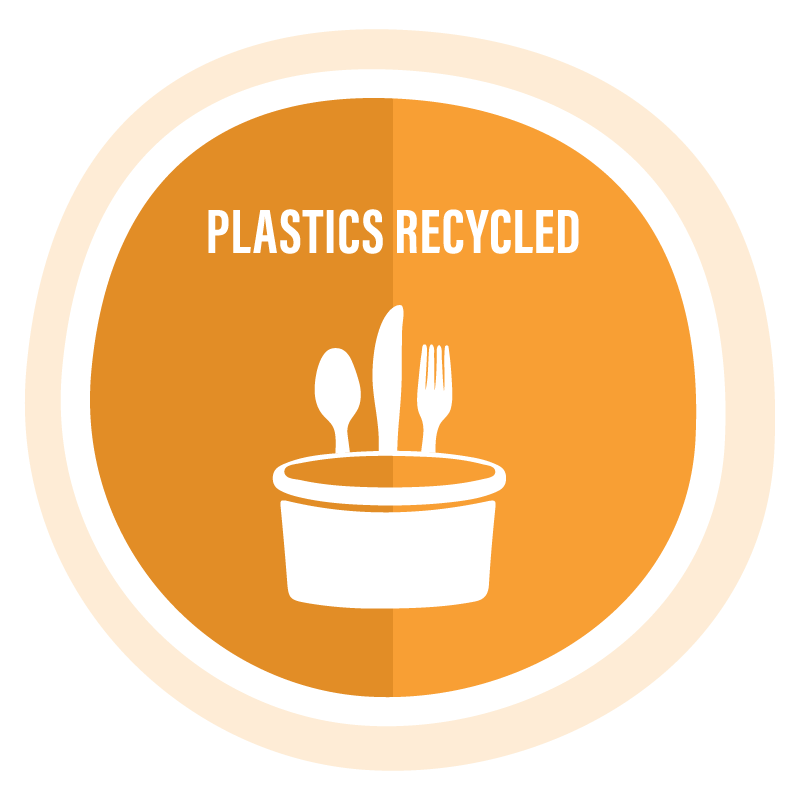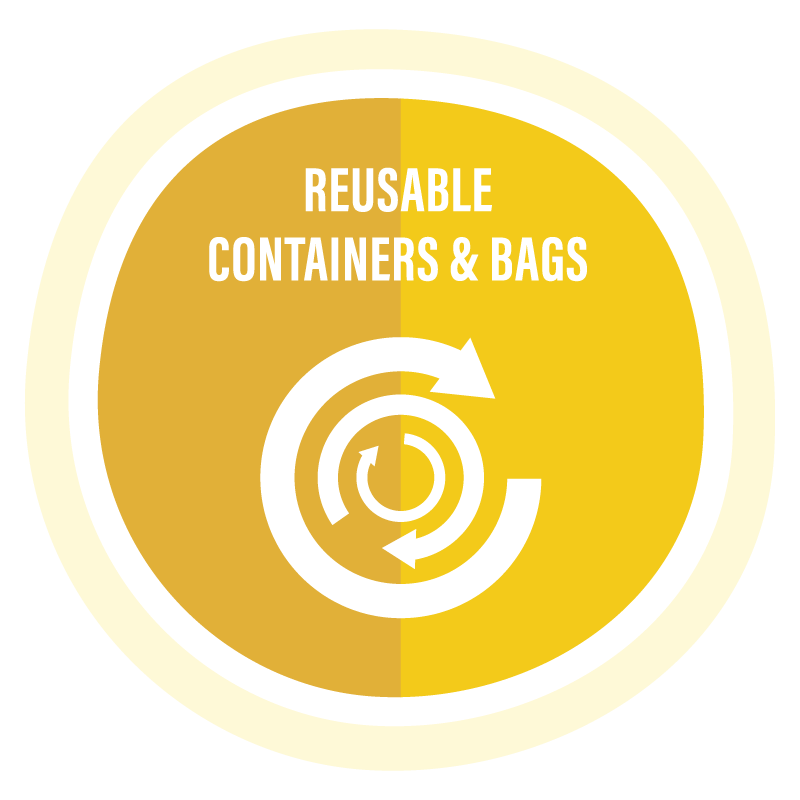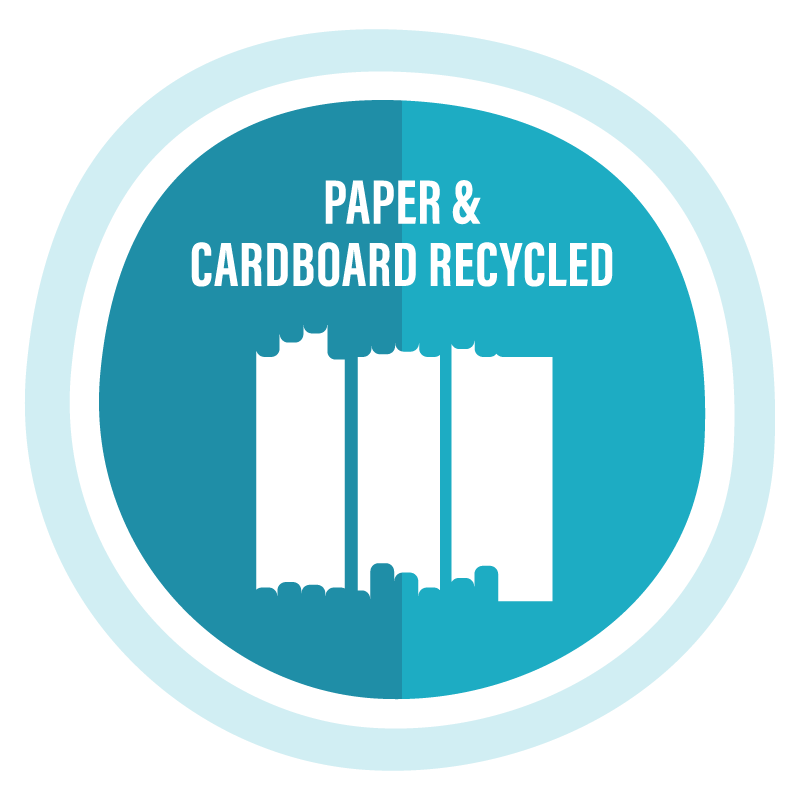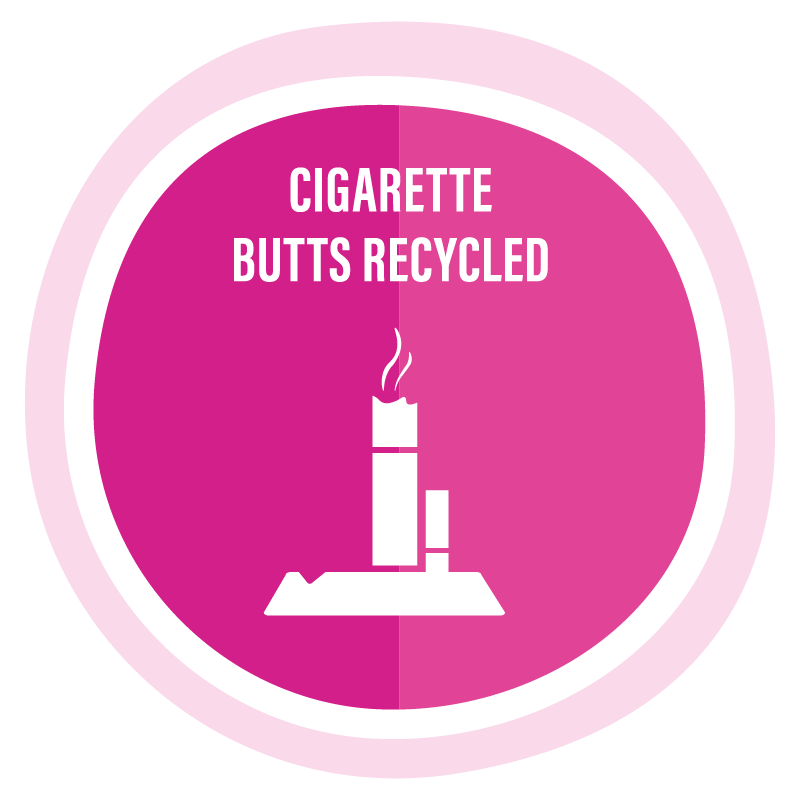PRIMARY SCHOOL WAR ON WASTE SESSIONS
Through our work with Primary Schools, we have developed 45-90 minute interactive war on waste education program which can be delivered within the school curriculum or as an extra-curricular activity.This program features an introduction to the issue of waste (tailored for the year level), an intermediate overview of the major waste streams, followed by a participatory activity to test and embed knowledge.
This high-energy session is recommended to be delivered early in the school term if aligned with curriculum, as many teachers find it ignites interest in their class before students embark on their learning journey, but can readily be adapted to act as a capstone event.
Our program delivery team all hold Victorian working with children cards, and have experience delivering programs to young people living with disability and from diverse backgrounds.




